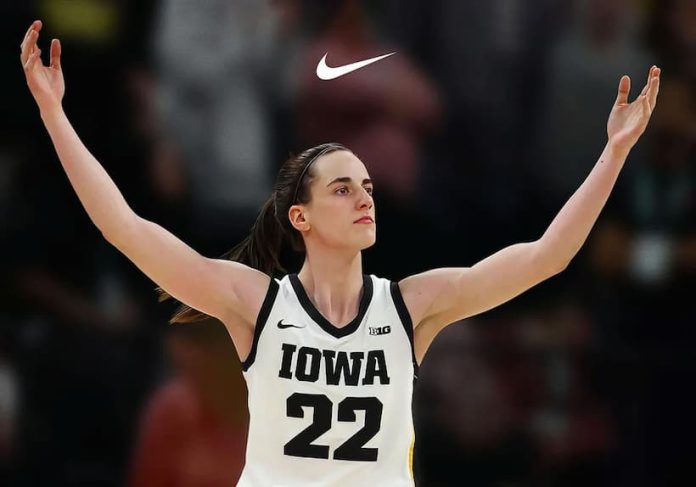Introducing promotion and relegation to the United States’ club soccer will bring positive economic impact, according to a report by Deloitte, one of the “Big Four” accounting firms. The report is commissioned by Silva International Investments, an owner in the North American Soccer League club Miami FC. The report concludes that, while US club soccer has come a long way since the early days, it still has a long way to go to reach its full potential.
MLS’ fee expansion model has a limited lifespan, according to the report, and it will experience challenges in increasing broadcast and matchday revenue in the future. Due to continuously expanding interest in foreign-based leagues, which go on to serve as competition for broadcast revenue as people are more interested in watching those than Major League Soccer, the domestic football league of the United States of America. For soccer to grow in America, it needs to develop further so that it becomes as attractive for people as the foreign leagues are.
Deloitte suggests there is evidence that an open league system can drive more interest, translating into increased attendances and broadcast audiences. The increased interest in US club soccer brought about by promotion and relegation could drive revenues that more than offset the potential losses for MLS owners, at all levels of the game. It would be better for player development in the country, which would ultimately lead to a stronger United States’ national team.
MLS garners more interest when a club’s survival is “at stake,” and creates narratives and “stories” for the fans, which they thoroughly enjoy. The threat of a “drop” to a second tier and the attraction of getting promoted can lead to positive increases all round. This will occur over time, as the current gap between Division I (MLS) and Division II (NASL) in terms of attendance is large.
Owners’ motivation and ambitions will increase, as they will want to improve their organisations in the hope of getting promoted, and being part of the top tier. Owners will want to improve facilities, coaching, and grassroots programmes to aid the development of players which will finally assist in the US National Team’s international arena ambitions.
US Soccer will grow organically, making promotion and relegation a natural concept as soccer matures in the United States. The flipside to this would be that a large number of Americans didn’t grow up supporting their MLS teams, and hence relegation of the team from the top tier might just result in the club losing out on those new fans. Long-term investors also might fear that relegation represents a major new risk, which would impair and imperil this investment.
While the risks that this would pose cannot be underestimated, and it must be mentioned that US Soccer is not yet immediately ready for promotion and relegation, this should be part of a long-term plan for the United States Soccer Federation.
Add Sportslens to your Google News Feed!







